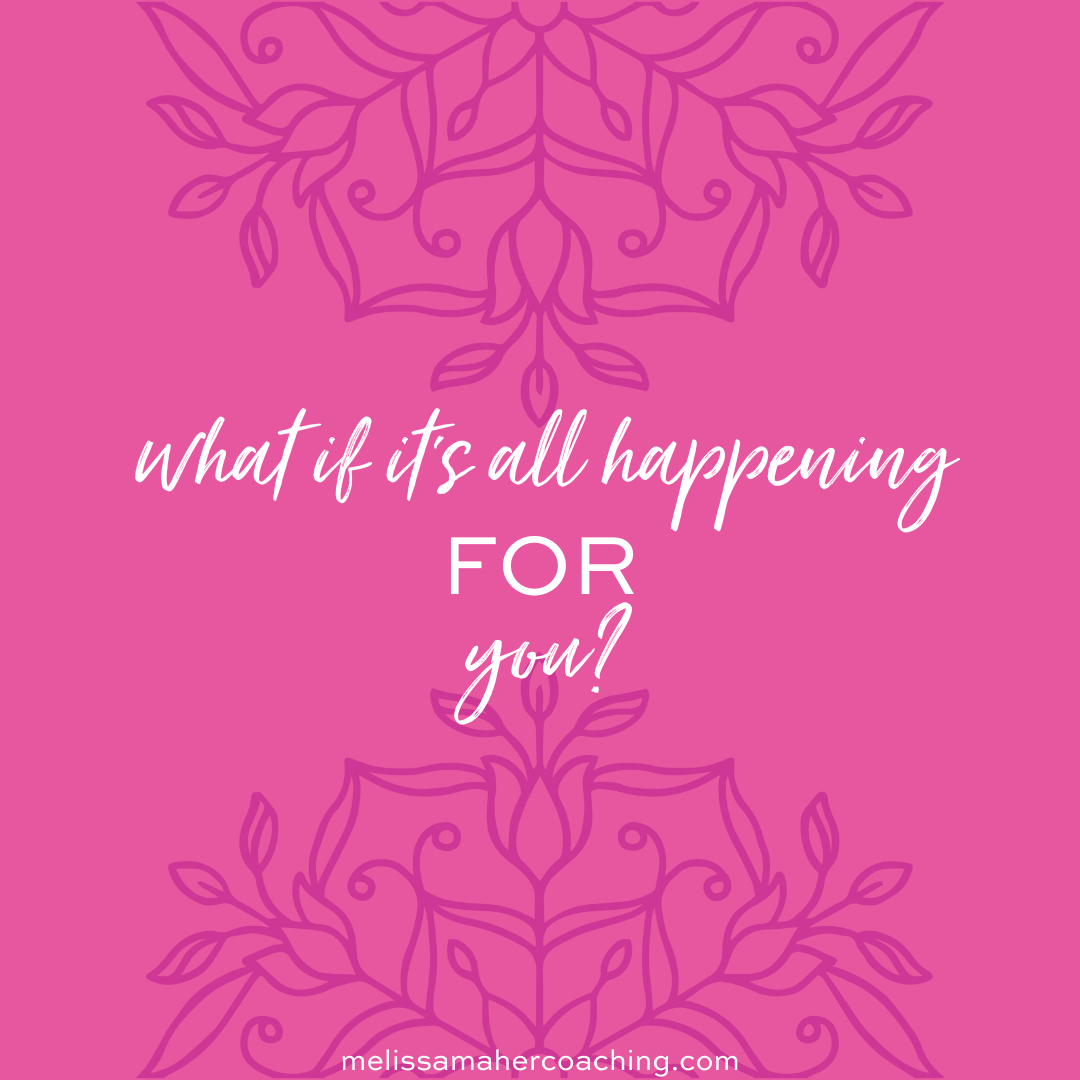Learning to Love "The Bomb"
I've recently found myself drawn to comedy. The process of comedy, really.
I loved this piece in Glamour from Mindy Kaling, the GQ cover story on Stephen Colbert, and Judd Apatow's book Sick in the Head — a compilation of comedian interviews (including one with Jerry Seinfeld, who Apatow asked to interview at age 15 and who only realized Apatow was just a high school kid with a tape recorder once he was at his door).
It strikes me that comedians take a really mindful approach to life.
They're constantly observing what's happening within and around them. They have to be really present to catch all the humor in the "mundane" of daily life.
When they're on stage they're textbook examples of flow, in the sweet spot between effort and preparation and surrender and letting things unfold organically.
And they're constantly practicing detaching from outcome. They never know when their set will bomb, but they keep getting on stage anyway.
That's what hit me in the core about the Stephen Colbert piece.
When he was 10, his father and two brothers died in a plane crash.
The interviewer asks him how he's arrived at this place now where he seems to be so filled with genuine joy, rather than anger, and he refers back to some advice he got about "bombing" onstage as a comedian in his early days:
“You gotta learn to love ‘the bomb’. Boy, did I have a bomb when I was 10. That was quite an explosion. And I learned to love it. So that's why. Maybe, I don't know. That might be why you don't see me as someone angry and working out my demons onstage. It's that I love the thing that I most wish had not happened.”
"I love the thing that I most wish had not happened."
Talk about fierce acceptance.
And that's what we're doing with all this awareness cultivation.
We're learning to create more space to help us accept whatever "is" in our lives. The pleasant, the unpleasant, and everything in between.
So how do we learn to love the things that are most hard to love?
It's a lifelong unfolding for sure, but here are a few practices to help plant seeds in that direction:
Notice resistance.
Lots of things are going to feel unpleasant in life. Practice just being with the impulse to push the unpleasant away rather than reacting to it knee-jerk style.
Cozy up to discomfort.
Practice just being with uncomfortable moments rather than trying to shoo them away or pretend they're not happening. They are, and that's OK. Lean in.
Drop expectations.
Want what you want, but see what space opens up when you stop expecting it. Allow room for life to bring you the lesson or gift you're meant to receive in a totally different (and potentially even more amazing) package than you've been imagining.
Remind yourself that you can handle this.
You've successfully survived this many years of life. Think of all the tough things you've had to handle in order for that to be true. The more you lean in to this moment, the stronger you'll realize you are on the other side.
Have faith that whatever's happening is purposeful.
It may not feel like it in the tough moments, so you just have to decide to trust that whatever's been brought to you was placed before you with purpose. Remind yourself that you have the power to choose what meaning you make of every situation in your life. What if it's all happening for you, instead of to you?
Know that grief and joy can coexist.
Joy and sadness aren't opposites. Our emotions all swim together in one big human pool. The deeper you allow yourself to dive into the shadows, the lighter and brighter you'll get to come out.
Get grateful.
Focus on all the good in your life. Tap into gratitude wherever you can for the pleasant and the unpleasant. Not in some tra-la-la denial-and-avoidance dance, trite "look for the silver lining!" way. But simply because goodness and beauty still do exist in the very same moments when grief is present.
Lather yourself up with this mantra: "It's OK."
There's nothing you need to push away and nothing you need to cling to. Whatever comes, let it come, with gratitude. Whatever goes, let it go, with gratitude.
What if it's *all* OK and it's all actually happening for you?
Lots of Love,
Melissa
PS - If you know anyone who might benefit from this post, thank you for sharing the love.

